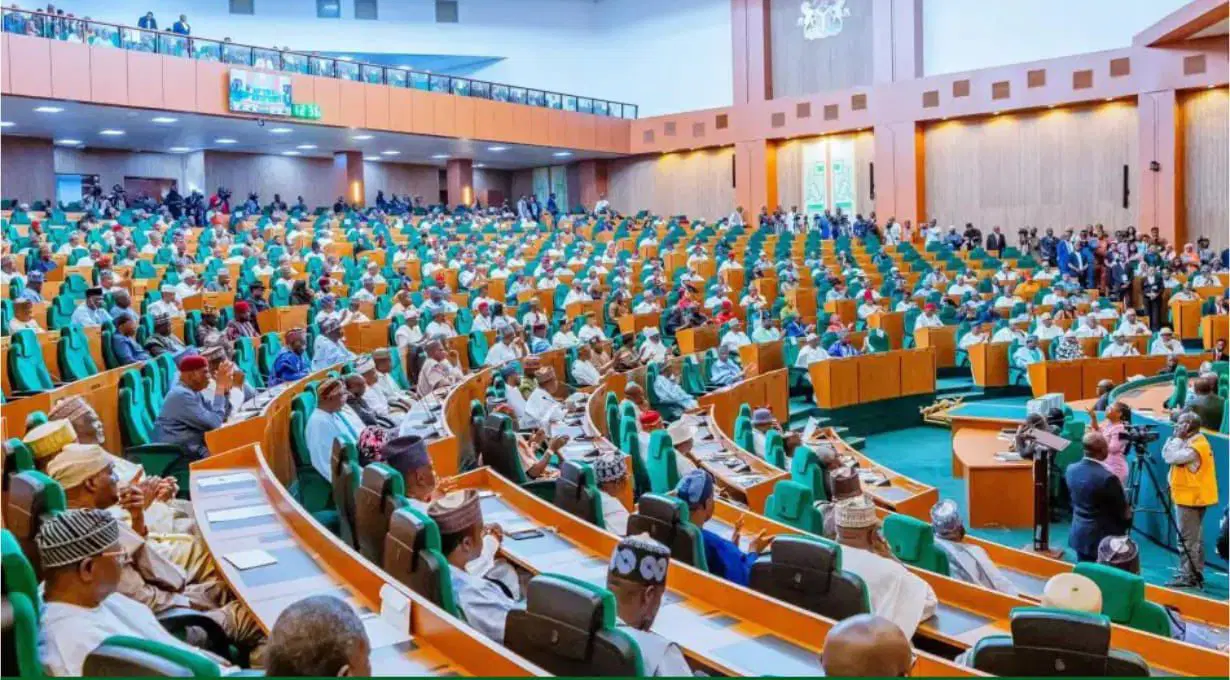
REPS MOVE TO EMPOWER EFCC, PASS BILL TO EXPAND ANTI-GRAFT POWERS
The House of Representatives has taken a significant step towards reforming Nigeria’s anti-corruption architecture by passing a bill for second reading that proposes to expand the legal powers and institutional independence of the Economic and Financial Crimes Commission (EFCC).
The bill, sponsored by Yusuf Adamu Gagdi (who heads the House Committee on Navy), seeks to amend the EFCC Establishment Act to reflect the evolving nature of economic and financial crimes including cybercrime, cryptocurrency manipulation, illicit financial flows and terrorism financing. Gagdi argued that the current law, enacted in 2004, is outdated and insufficient for dealing with 21st-century financial crime.
He further emphasised that the proposed amendments are designed to strengthen EFCC’s operational efficiency and protect it from undue political influence. The aim is to enhance the agency’s independence, accountability framework and overall capacity to tackle complex financial crimes.
During Thursday’s session, the House unanimously approved the bill’s second reading and referred it to the House Committee on Financial Crimes for detailed scrutiny and stakeholder consultation. Proponents of the bill contend that if passed into law, it could significantly boost public confidence in Nigeria’s anti-corruption efforts and improve the country’s reputation in global governance metrics.
Critics, however, caution that while the bill has potential, close attention must be paid to safeguards around human rights, oversight mechanisms and institutional checks to prevent abuse of power.
As the bill moves through legislative stages, the next critical steps will involve public hearings, engagement with civil society, and possible amendments before final reading and transmission to the Senate.
This development signals growing momentum within the legislative arm to modernise legal frameworks governing financial crimes and strengthen anti-corruption enforcement in Nigeria.
